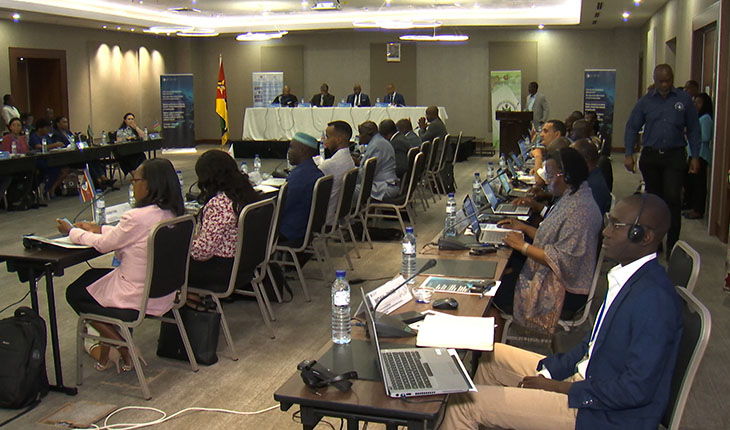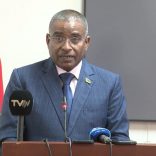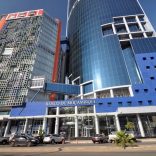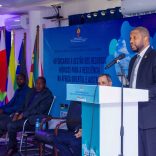Mozambique: Government approves €35,500 for Hulene landfill collapse victims
SADC devising strategies to reduce spread of diseases in aquatic organisms – AIM

Photo: O País
Southern African Development Community (SADC) member countries are working together to design new strategies and better management practices for fish farming to reduce disease-related losses.
The aim is to reduce the spread of infectious fish diseases, which compromise fish farming by implementing good aquaculture practices to cut down the risk of outbreak of infectious diseases in aquatic organisms.
To this end, the Mozambican capital Maputo is hosting the Regional Aquaculture Seminar, a three-day event starting this Tuesday under the theme ″Minimising the Use of Antimicrobials, by Improving Management, Improving ″Welfare″.
Speaking at the opening ceremony, the director-general of the National Institute of Fish Inspection, Lúcia Sumbana, said that Mozambique loses annually millions of dollars due to infectious diseases, after massive investments in feed, hiring experts, purchase of baby fish among others.
″This is a good opportunity for us to renew our commitment to the region’s growth and prosperity in the area of aquaculture,” she declared.
“We are here, in this seminar, to devise the best strategies so that we can implement good practices in aquaculture, to reduce outbreaks of infectious diseases ″, she added.
As for the antimicrobials used in aquaculture for the prevention and treatment of infectious diseases, Cardoso said that their excessive and indiscriminate use in animals pose a serious threat to public health.
″Hence the importance of continuous monitoring of antibiotics administration in aquaculture, since when fish is treated with antibiotics while ignoring good practices it impacts negatively on the final consumer″, warned Cardoso.
In his turn, the chief executive of Aquaculture and Economic Development of the Department of Agriculture, Forestry and Fisheries in South Africa, Motseki Hlatshwayo, added that the event is an opportunity for SADC countries to reflect together and outline strategies to promote aquaculture in the region.
According to Hlatshwayo, everyone is responsible to identify internal and external changes, mainly the needs of aquaculture development, challenges and constraints, initiate the necessary adjustments in the planned strategic actions to achieve the desired results.
This will require the establishment of efficient communication channels among various stakeholders and massive dissemination of information on the status of the aquaculture development strategy in this region.
In representation of the World Organisation for Animal Health, Moetapele Letshwenyo, warned that outbreaks of diseases in aquaculture are a major concern due to their devastating economic impact on this his sub-sector.
The event brings together 85 technicians and experts from 26 countries of the SADC region and the of East African Community, including Mozambique.












Leave a Reply
Be the First to Comment!
You must be logged in to post a comment.
You must be logged in to post a comment.